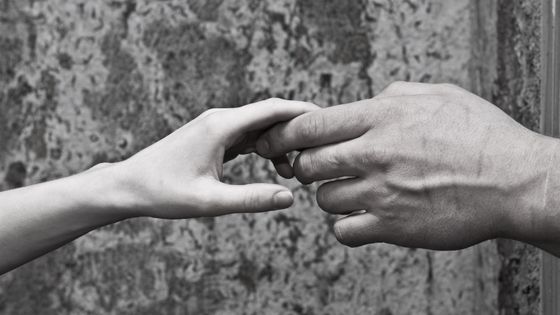If you were incarcerated, you’re probably wondering what you’ll do in life now that you’re out of prison. Life outside of prison might seem a lot different to you than before you went to prison and come as a shock if you served a long sentence. By following these six helpful tips, you may have an easier time integrating back into regular society now that you’re no longer behind bars.

1. Think About Living Arrangements
In prison, you don’t have to worry about paying rent, house payments or other home-related expenses. You may feel overwhelmed by the challenge of finding a place to live now that you’re free and responsible for paying your own living costs. Fortunately, there are options and services to help ex-convicts find suitable housing.
If you don’t have a family member or someone else to live with until you can become more financially stable, there are property management companies that accept applications for housing from ex-convicts who even have felonies on their criminal records. You may also be able to arrange transitional housing that’s intended to help people who are newly released from prison get on their feet. The U.S. Department of Housing and Urban Development (HUD) also helps people with criminal records find housing.
2. Find Employment
Getting a job can sometimes be tough for people with criminal records, but you shouldn’t be afraid to apply to companies that might be willing to give you a second chance. If you’re honest about your criminal record on your application and with the hiring manager who may be interviewing you, your chances of getting hired may increase because of your forthcomingness.
Some ex-convicts have luck in finding blue-collar jobs in industries like construction, plumbing and electrician work. You might even be able to find a job with a criminal record working as a web designer, marketing specialist or customer service representative. If you’re still having trouble finding employment, you might consider starting your own business that offers products or services to consumers.
3. Settle All Debts
None of your debts will go away while you’re incarcerated unless you successfully filed for bankruptcy before you went to prison. Certain debts, such as unpaid court costs or fines, could also increase your jail time, but you won’t have to worry about serving a longer sentence for debts that are owed to private lenders.
Ideally, you would have chosen a family member or another trusted individual to handle your debt situation shortly before you went to prison. If your debts continued to accumulate while you were behind bars, you should try to pay back the debts and any penalty fees as soon as possible after your release, and you may need a credit counselor to help you manage your situation. For instance, If someone else sought help from bail bonds in Riverside or in any surrounding area, you may need to pay this person back as well.
4. Seek Mental Health Support
Going to prison can cause a lot of feelings of anxiety and depression, and being released from prison can also take a toll on your mental health. The uncertainty of what you’ll do and how you’ll adjust to normal society again may be mentally and emotionally painful for you, and you shouldn’t feel ashamed or embarrassed to seek help.
Counselors, psychologists and psychiatrists are just some of the mental health professionals who can try to offer you help, and you can look for a mental health professional who has experience working with people who served time in prison. You may even be able to find support groups or faith-based programs that are designed to improve the mental health of formerly incarcerated individuals.
5. Learn New Skills
Being released from prison gives you a great opportunity to start over in life, and learning some new skills can help change your lifestyle habits for the better. Learning new skills can improve your career prospects, but you can also learn skills that might turn into fun hobbies or just improve your outlook on life.
One of the best ways to learn new skills is by attending courses at a four-year college, community college or trade school, and these institutions often have courses that teach technology, administrative and caregiving skills that may lead you to an exciting new career. If you just want to learn new skills for personal growth, you can sign up for a class that teaches art, dance or cooking.
6. Give Back To The Community
You may be feeling guilty for the wrongdoings that landed you in prison, and finding ways to give back to your community can help you make amends and lessen the burden on your conscience. Volunteer opportunities, mentorship programs and other charity work offer some of the best ways to give back to the community and do good for society.
Some volunteer opportunities involve feeding meals to the homeless, organizing clothing drives and planting trees to help the environment. You can even mentor other ex-cons or at-risk youth to try to steer these individuals in the right direction.
Closing Thoughts
Your life can be much better after prison if you know the steps that you should take upon your release. Services and individuals are also available to help guide you as you work toward putting your criminal past behind you.
